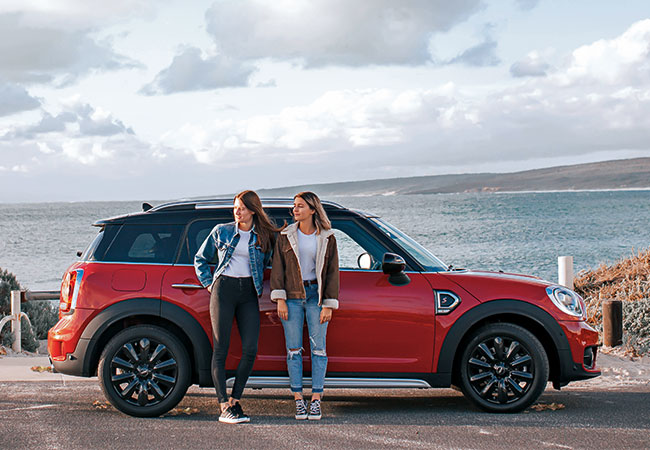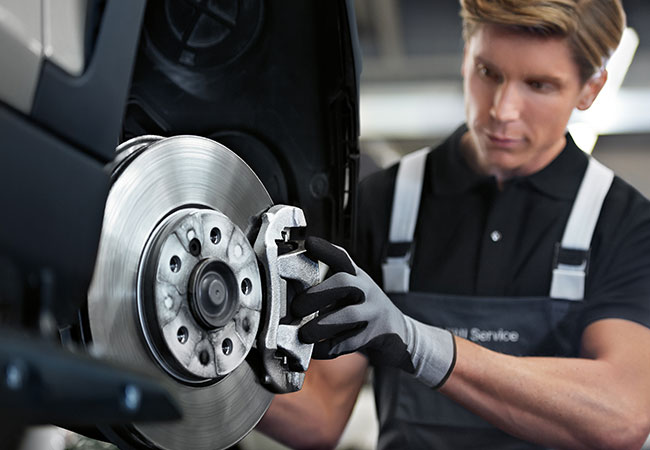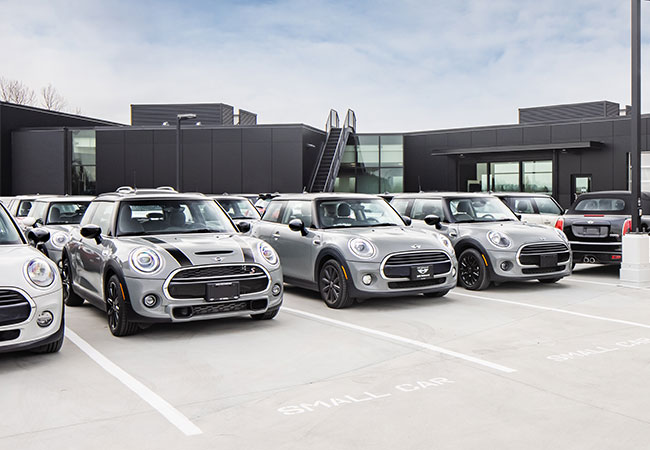Get your MINI road trip ready this summer with MINI Richmond’s simple checklist! Plan your route, pack your bags, and our MINI Service experts can help you take care of the rest.
Electric
The All-Electric

MINI Guide to
Discover


The All-Electric
Countryman SUV
All-Inclusive Price
Starting From: $63,269

MINI Guide to
Going Electric
Discover


Cooper


THE NEW MINI




THE NEW MINI
COOPER 5 DOOR
All-Inclusive Price
Starting From: $39,269


Countryman
THE ALL-NEW

The New MINI

The All-Electric


THE ALL-NEW
COUNTRYMAN SUV
All-Inclusive Price
Starting From: $49,269

The New MINI
JCW Countryman SUV
All-Inclusive Price
Starting From: $60,269

The All-Electric
Countryman SUV
All-Inclusive Price
Starting From: $63,269


Convertible
THE NEW MINI

THE NEW MINI


THE NEW MINI
COOPER CONVERTIBLE
All-Inclusive Price
Starting From: $46,269

THE NEW MINI
JCW CONVERTIBLE
All-Inclusive Price
Starting From: $62,269


JCW

THE NEW MINI

The New MINI


THE NEW MINI
JCW CONVERTIBLE
All-Inclusive Price
Starting From: $62,269

The New MINI
JCW Countryman SUV
All-Inclusive Price
Starting From: $60,269
















